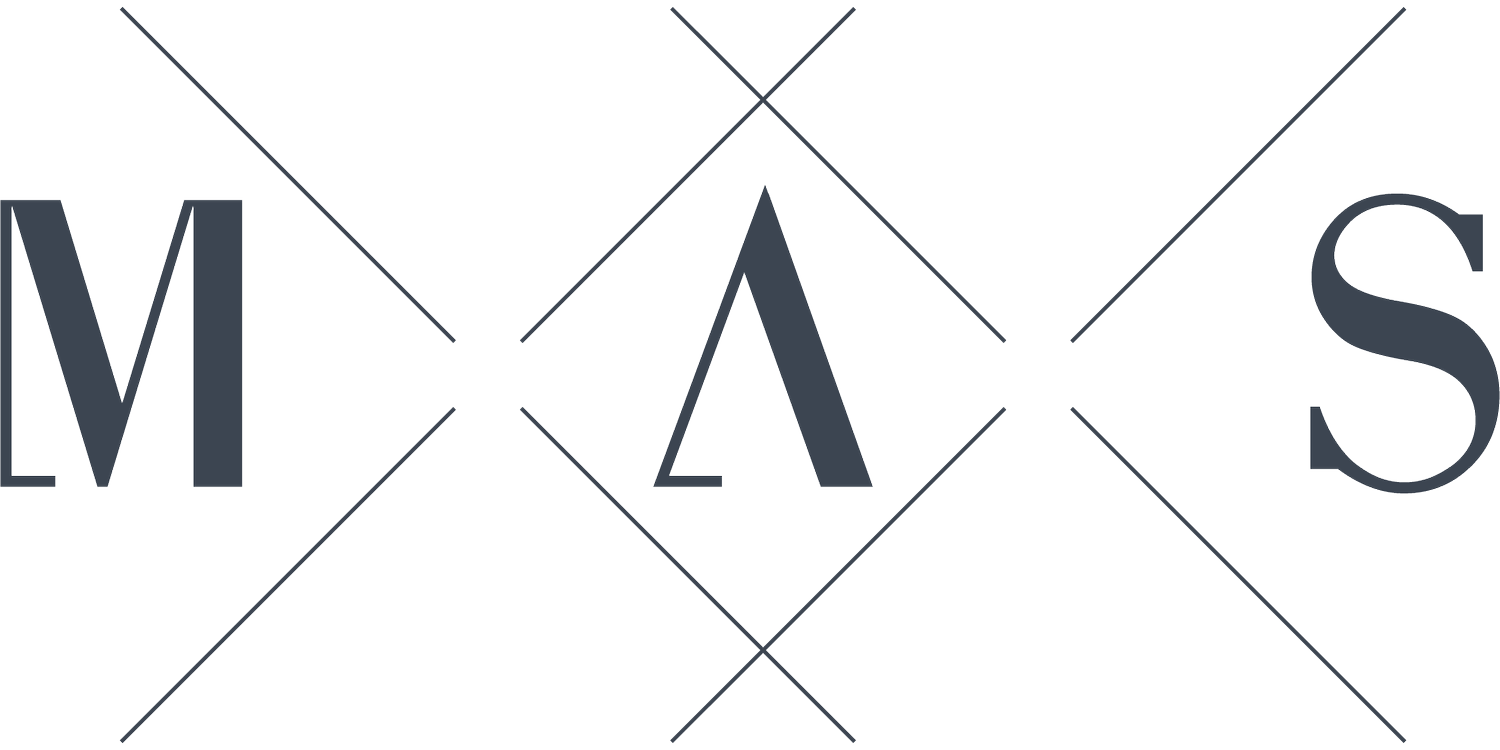Understanding Hair Masks: From DIY to Professional
Hair masks are intensive treatments that provide deeper nourishment to your hair than regular conditioners. They penetrate the hair shaft to repair, moisturize, and strengthen hair, making them ideal for combating various hair issues. Whether your hair is dry, oily, damaged, or color-treated, there's a mask formulation that can help restore its luster and vitality.
Mane Attraction Salon’s Stylist, Roseanna, shares her input on the difference between using a conditioner and using a deep conditioning treatment (aka a hair mask).
Working behind the chair I am often asked by clients “Is there a difference between conditioner and hair masks?”. The answer is YES and understanding this distinction can greatly enhance your hair care routine.
What is Conditioning?
Surface-Level Treatment: Regular conditioners primarily work on the outermost layer of the hair. They help detangle, soften, and smooth the hair, making it more manageable and reducing frizz after shampooing.
Usage: Typically, you apply conditioner after shampooing and leave it in for a short period (usually around 3 minutes) before rinsing it out. This allows the conditioner to coat the hair, providing immediate but relatively superficial benefits.
Purpose: The main goal of conditioning is to make hair easier to detangle and style, as well as to provide some basic moisture and protection from everyday wear and tear.
What is a Hair Mask or Deep Conditioner?
Intensive Treatment: Deep conditioners, or hair masks, penetrate deeper into the hair shaft to deliver intensive hydration, repair, and nourishment. They target the inner layers of the hair, such as the cortex, which is essential for long-term hair health.
Usage: Deep conditioning treatments are usually applied less frequently, about once or twice a week, depending on your hair's needs. These treatments are left on for a longer period, typically around 7 minutes or more, to allow the rich, concentrated ingredients to fully absorb into the hair.
Purpose: The aim of deep conditioning is to repair damage, strengthen the hair from within, and provide deep hydration. This can lead to improved hair texture, reduced breakage, enhanced shine, and overall healthier hair.
Benefits of Deep Conditioning
Enhanced Hair Health: Regular deep conditioning can transform hair by restoring natural shine, reducing color fading, increasing softness, and controlling frizz.
Tailored Solutions: Modern deep conditioners are formulated to cater to specific hair types and concerns, ensuring that everyone can find a product that works for them without unwanted heaviness or residue.
While regular conditioning is essential for maintaining the day-to-day manageability and basic health of your hair, deep conditioning provides a more intensive treatment that addresses deeper issues and promotes long-term hair health.
Incorporating both into your hair care routine can yield the best results.
Recipes for DIY Hair Masks
For those who love a good home remedy, here are some DIY hair mask recipes using ingredients you likely have in your kitchen:
Moisturizing Mask for Dry Hair:
Ingredients: 2 tablespoons of coconut oil, 1 tablespoon of honey.
Instructions: Melt the coconut oil and mix with honey. Apply to damp hair, focusing on ends. Leave for 30 minutes and rinse thoroughly.
Protein Mask for Damaged Hair:
Ingredients: 1 egg, 2 tablespoons of plain yogurt.
Instructions: Beat the egg and mix with yogurt. Apply to clean, damp hair. Leave for 20-30 minutes and rinse with cool water.
Scalp Nourishing Mask for Dandruff:
Ingredients: 1 ripe banana, a few drops of tea tree oil.
Instructions: Mash the banana until smooth and stir in tea tree oil. Apply to the scalp and hair. Leave for 30 minutes before washing out with shampoo.
Shine Enhancing Mask for Dull Hair:
Ingredients: 1 ripe avocado, 1 tablespoon of olive oil.
Instructions: Blend the avocado and olive oil until smooth. Apply to hair from roots to tips. Leave for about 20 minutes and rinse out thoroughly.
Featured DIY Mask from Instagram:
A wonderful example from Instagram influencer @ariba_pervaiz features a Coconut Cream Hair Mask perfect for a dry scalp.
When to Use Different Hair Masks
Choosing the right hair mask depends on your hair's current condition and your overall hair care goals. Use moisturizing masks once a week if you have dry hair, protein masks every two weeks for damaged hair, and scalp nourishing masks as needed for dandruff control. Always apply masks to clean, damp hair for the best absorption.
Professional Hair Masks at Mane Attraction Salon
While DIY masks are great for regular maintenance, professional mask treatments at Mane Attraction Salon offer enhanced benefits. Our expert stylists assess your hair type and condition to apply advanced formulations that you won't find over the counter. These professional-grade masks contain higher concentrations of active ingredients to deeply transform your hair's health and appearance.
Bottom Line:
Regular use of hair masks, whether at home or in the salon, plays a crucial role in hair health. They replenish moisture, reinforce hair strength, and revive dull hair. We encourage you to explore these DIY recipes or book an appointment at Mane Attraction Salon for a professional treatment designed to bring out the best in your hair.



